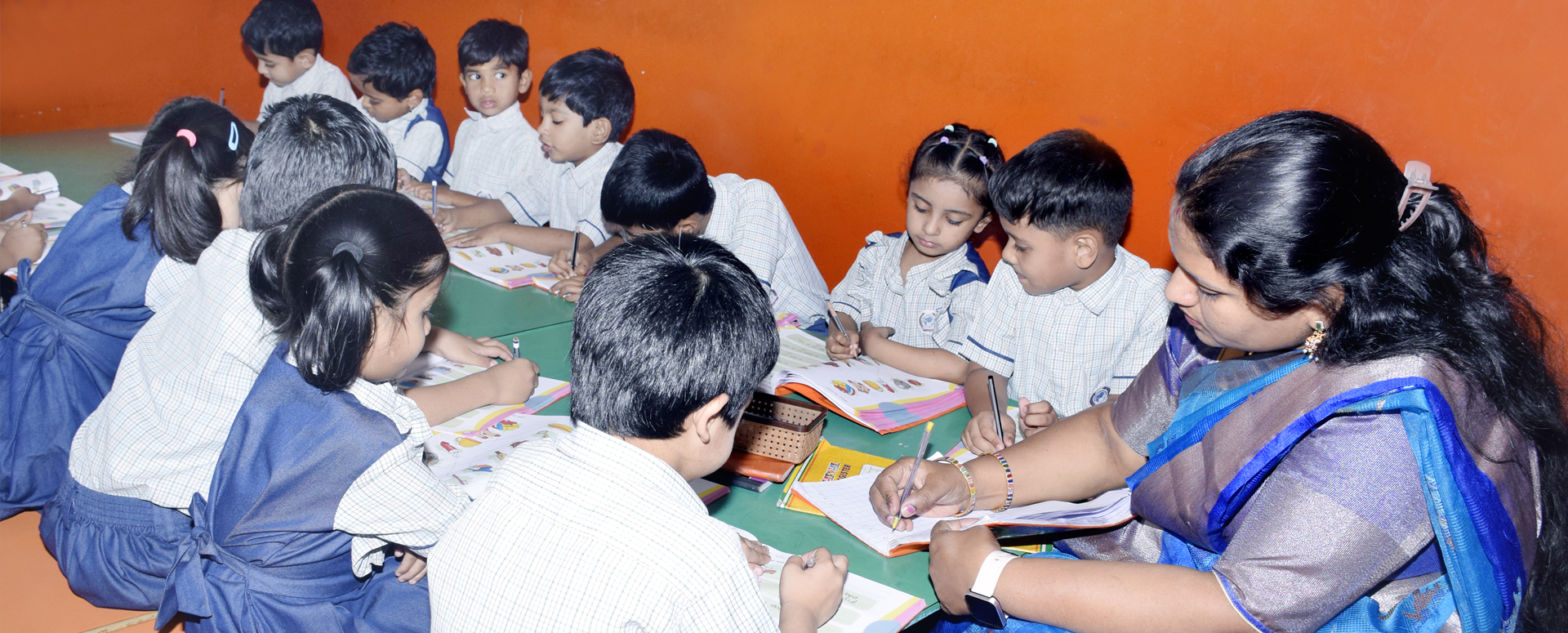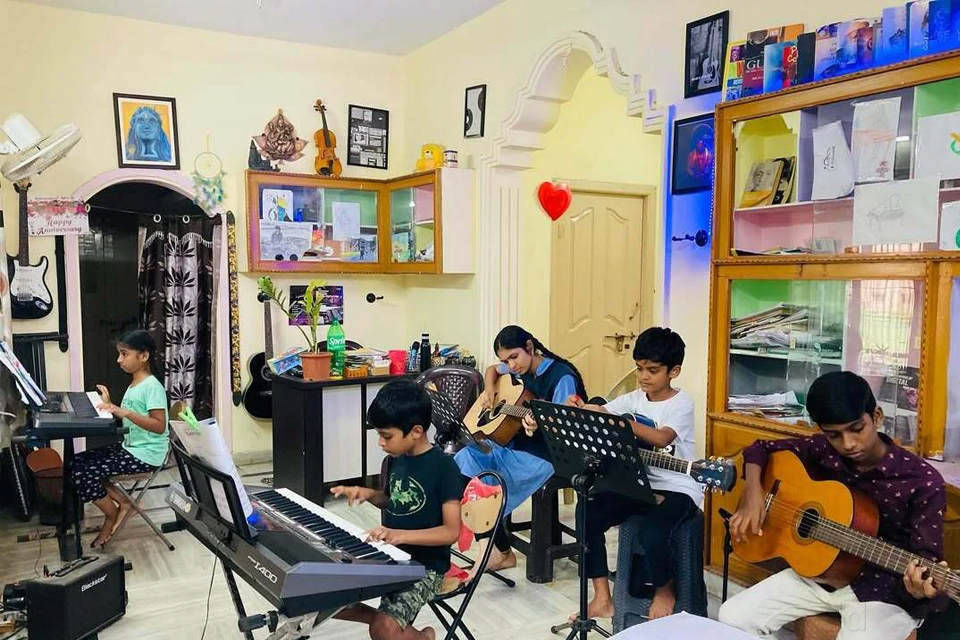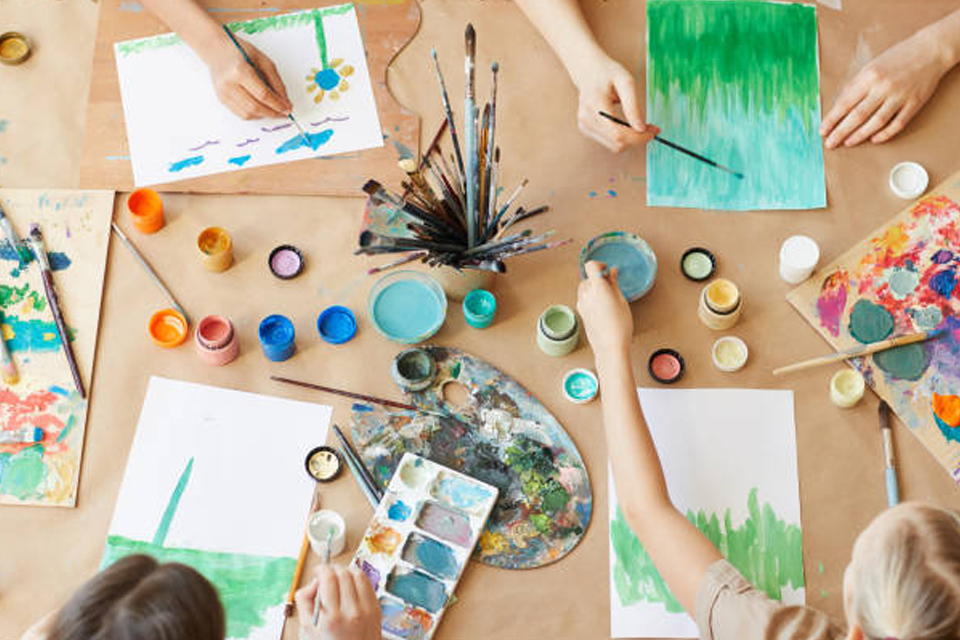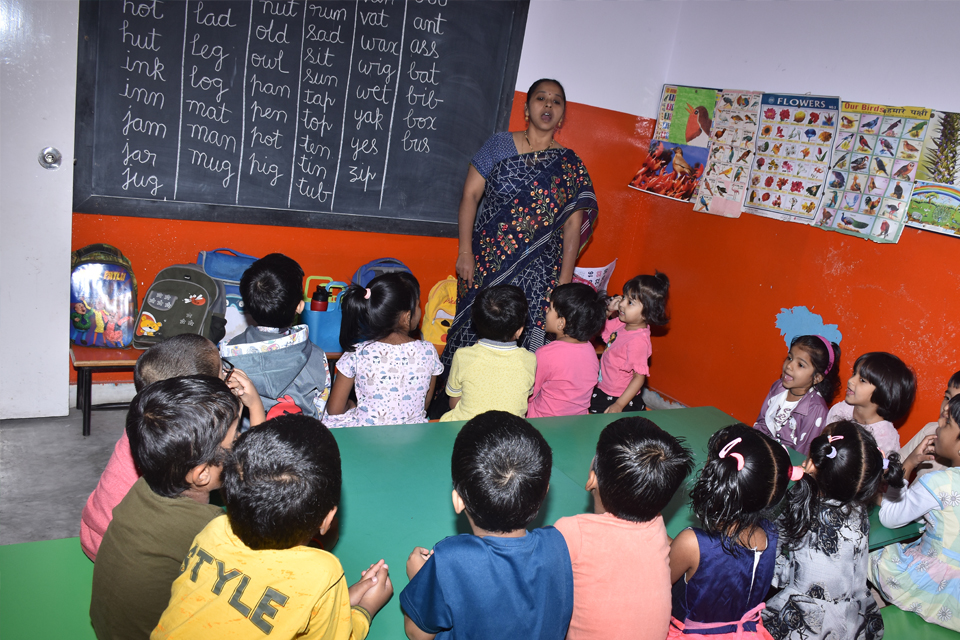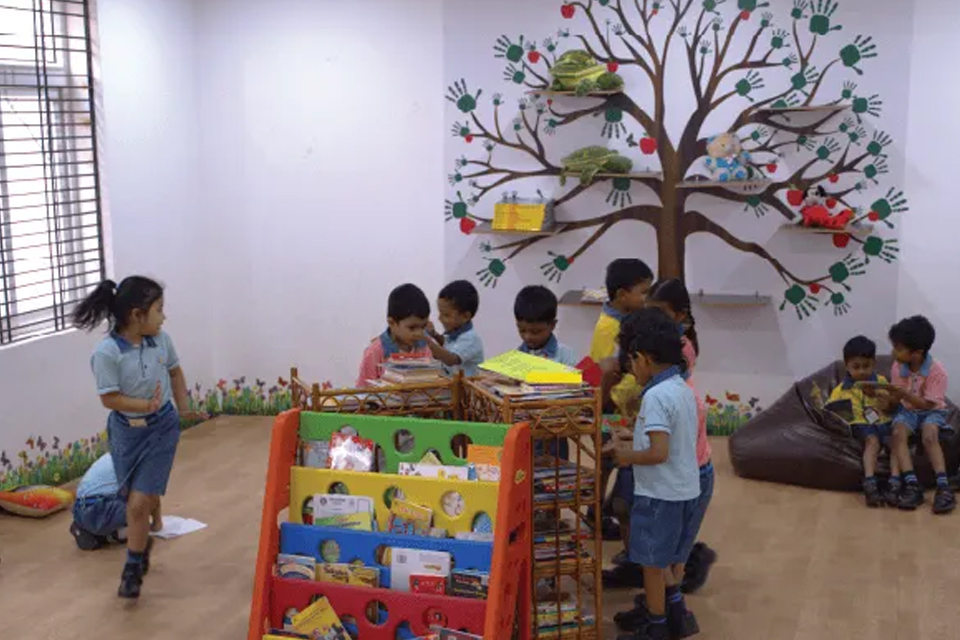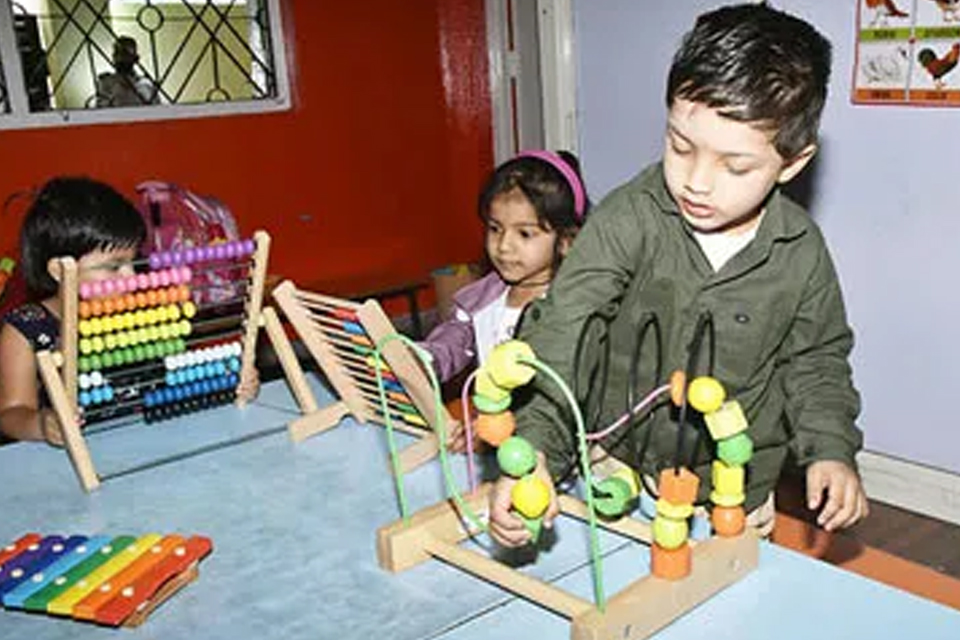Learning Classes detail
Learning classes for primary school are crucial in shaping the educational journey of young children. These classes are designed to introduce fundamental subjects such as mathematics, science, language arts, and social studies. The goal is to create a strong foundation that not only imparts knowledge but also nurtures a love for learning. In these early years, children are like sponges, eagerly absorbing information. Teachers employ engaging methods, such as storytelling and hands-on activities, to capture their attention. This approach makes learning both enjoyable and effective, enabling students to develop positive attitudes toward education.
In primary school learning classes, the emphasis is often on developing critical thinking skills and problem-solving abilities. Children are encouraged to ask questions and explore their ideas. This interactive environment helps them understand the world around them. For instance, in science classes, students might conduct simple experiments, sparking curiosity about natural phenomena. In language classes, they learn to express themselves through writing and speaking, building communication skills that are essential for their future. Such activities foster independence and creativity, essential traits in today’s rapidly changing world.
Social skills are also a key focus in primary school learning classes. As children work in groups for various projects, they learn teamwork and collaboration. These experiences teach them how to listen to others and respect different viewpoints. Furthermore, teachers often incorporate lessons on empathy and kindness, helping students build strong relationships with their peers. Learning to navigate social situations at a young age prepares children for more complex interactions as they grow. This holistic approach ensures that children develop not just academically, but also socially and emotionally.
Assessments in primary school learning classes are designed to be supportive rather than punitive. Teachers use a variety of methods, including quizzes, group projects, and informal observations, to gauge student progress. This ongoing evaluation helps educators identify areas where a child may need additional support or challenge. The feedback is constructive and aims to uplift learners, emphasizing growth rather than comparison. Parents are also involved in the assessment process, receiving updates on their child’s development and ways to support learning at home. This collaborative approach reinforces the idea that education is a partnership among students, teachers, and families.
As technology continues to advance, primary school learning classes are also integrating digital tools into their curriculum. Interactive whiteboards, educational apps, and online resources provide exciting opportunities for exploration. Children can engage with content in new ways that resonate with their interests. Digital literacy becomes an integral part of their learning experience, preparing them for a future where technology will play a significant role. However, it is essential that educators teach responsible use of technology, ensuring students understand the importance of online safety. By blending traditional teaching methods with modern innovations, primary school learning classes aim to create a well-rounded and enriching educational experience for every child.

